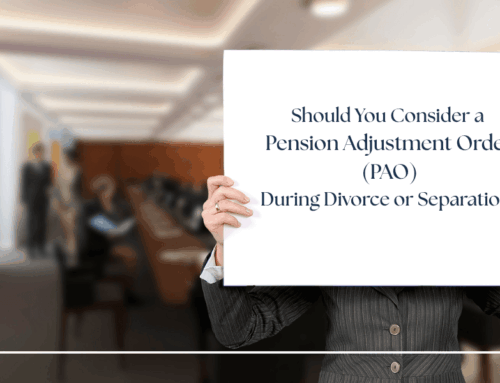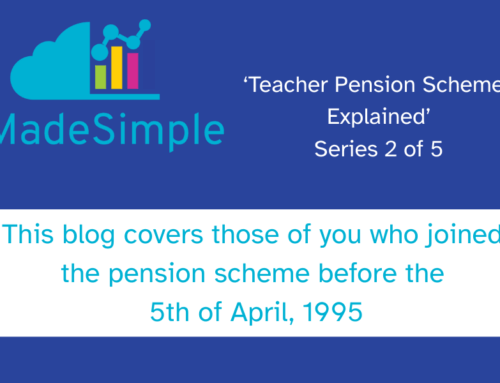
Investment Bonds vs Savings Plans (During a Period of High Inflation)
Annual inflation in Ireland neared an almost 40-year high of 6.7% in March, a jump from 5.6% a month earlier. This increase came on the back of many factors with the 2 main factors being the housing shortage and soaring energy prices. The Irish Central bank Forecast that price growth will grow to 7.7% in the second quarter and remain above 7% for the third quarter. It is therefore very important to think about how you can protect your funds against Inflation. With the closure of KBC and Ulster Bank in Ireland many people may have spare cash that they are unsure what to do with. In this piece we will take a look at two different options you have and the pros and cons of each of them to help you decide what option is best for you.
Bond Funds during Inflation
If you have a lower risk profile, then bonds may be a good option for you. However, you will want to stay away from the traditional long-term bonds during periods of high inflation. The reason for this – inflation will erode the future purchasing power of the bond. Short term bonds are a better option than long term bonds during high periods of inflation. This is because even if interest rates begin to rise sharply, they will not be affected as much.
The fact is that a rising-rate, inflationary environment is not a great time to be investing in bonds, particularly long-term bonds. But if you have a lower risk profile there are certain bonds that can perform relatively well in this type of environment.
No investment always goes up in value, and this is certainly true of bonds in an inflationary environment. But even if bonds go down in price, they may have value on a relative basis. Certainly, this has been true in the first few months of 2022. Many stocks are down 50% or more from their recent highs, while 30-year Treasury bonds are down just over 9%.
No investor wants to lose money, and a 9% drop isn’t very soothing. But compared with the devastation that has hit certain individual stocks, and even the 12% YTD drop in the S&P 500 index, bonds have held up well. (Despite a terrible market environment). For investors with a lower risk tolerance, this is a different type of “safety” that bonds can provide.
Investment Savings Plan during Inflation
Investing gives you the best chance of keeping up with inflation. The truth is there is no ideal time to invest. It’s a common misconception that investing entails attempting to time the market. That you must be able to forecast the future to buy at low prices and sell at high prices. However, forecasting the future is impossible hence why there is no ideal time to invest.
When it comes to investing, the most important thing is that you are comfortable committing your money longer-term, because nothing will help your investment more than time to grow.
During periods of high inflation, investing is still one of the best options (buying when the market is down) if you have spare cash and even if you don’t have spare cash investing in smaller, more affordable amounts on an ongoing basis is also a great idea to grow your money during inflationary periods.
The process of investing regularly is called euro-cost averaging. For example, if you invest once a month on pay day, you are buying units when prices are higher and when prices are lower. Long-term this can help you ‘average down’ the price you pay compared to investing all your money at a time when prices are higher.
It’s said that an investor can never truly understand their tolerance for risk until they’ve weathered a market downturn. This is definitely something every investor should consider as stock market swings are an inevitable and normal part of investing. Luckily our advisors can help you figure out your risk profile and help you make the best decisions for you and your money.
Comparing Bonds and Investment Savings Plans
| Minimum Investments |
Bonds Most bonds have a min investment. They are suitable for lump sum investments |
Investment Savings Plan Suitable for regular savings each month as little as €75 per month. You can start with a lump sum too. |
|---|---|---|
| Structure | Bonds have a secured part which is guaranteed despite performance | Savings plans are based on purchasing of units in a fund which can go up or down, but usually increase in the long run. |
| Tax Treatment | CGT at 30% on the growth. €1,270 threshold. | Exit tax at 41% on the growth. Deemed encashment every 8 years |
Our top pick – Bond
One of the best options in our opinion if you’re looking to invest in bonds is the Cantor Fitzgerald Global 85% Progressive Protection Bond. This bond has a continuous upward only capital protection feature, this ensures a minimum repayment of 85% of the highest Net Asset Value ever achieved. In simple terms this means that you are guaranteed 85% of the highest return the fund has ever seen. At the moment, the fund is down from its highest ever peak, this means you are guaranteed over 90% of your initial investment returned. This bond is a great option for anybody with a low risk tolerance because so much of your money is protected.
Our top pick – Investment
One of the better investment savings plans on the market at the minute is the Zurich Dynamic Fund. According to Zurich the fund “is an actively managed fund which aims to achieve growth through capital gains and income from a well-diversified global portfolio of quality equities and equity-based financial instruments.” In simple terms this means the fund aims to profit from its wide range of different investments and assets.
When you compare the returns of these two options over the past 5 years, the Zurich fund averaged a yearly return of 11.2% while the Cantor Fitzgerald bond averaged just over 5%. However, 25% growth on your investment over 5 years is not something to be laughed at especially when you consider the fact that 85% of your initial investment is protected.
Still can’t make your mind up about which option suits you best? Why not get in touch today and arrange a review with one of our advisors?
What Does the Financial Planning Review Cover?
Step 1
You – Complete a short online application form
Step 2
We – Generate your personal report that outlines your current benefits.
Step 3
Together – We schedule a review online (we use Zoom, or a platform you may suggest) or over the phone to discuss what options are available to you.
After we complete the review, many employees are delighted to have their options regarding pension planning, salary protection, life protection, savings and investments explained to them so clearly. Not only that, but we can also set up policies for you all online in a very fast and efficient manner.
Get your complimentary, personalised review today! You have nothing to lose!





